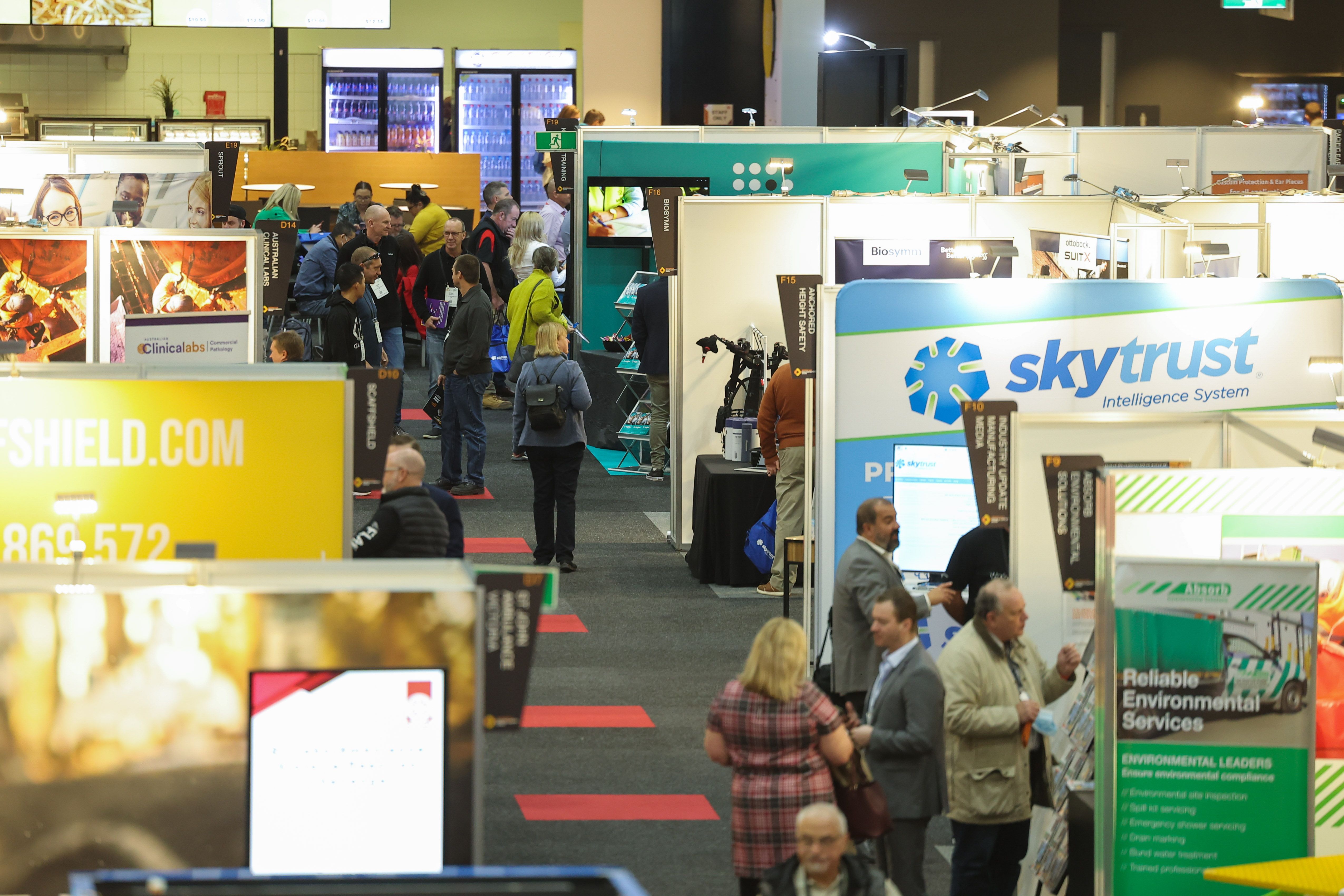Feedback from the Field: How can we improve life for workers on the frontline?
)
Since the pandemic, frontline workers have taken centre stage as our unsung heroes, the ones on the ground who are typically the first port of call. They’re indispensable to our lives and economy, making up 80% of the global workforce (Emergence (2018).
The SafetyCulture platform is designed with these workers in mind. We want to help make their work lives easier and safer. To do that, though, we need to know what it is they need – and a lot of the time, there’s a disconnect between what frontline workers want, and what their leaders think they want. Without that insight, leaders don’t have the full picture to drive their businesses forward.
We designed our workplace operations platform to give frontline workers a voice. We’ve also purpose-built our tool for frontline workers so they can raise issues and call out improvement opportunities to better the organisations they work for. We find that workers on the frontline are often the real experts on workplace operations.
That’s why we conducted a survey, with the help of YouGov, where we asked more than 2,000 frontline workers to shed some light on their experiences and needs. And we’ve packaged up those findings in a neat report – Feedback from the Field: Room for Improvement. The research aims to uncover the gaps between employers and frontline workers, and to answer the question: How can leaders unlock the latent potential in their frontline teams and move towards a better way of working?
Here’s a preview of what we found.
Workers want to stand up and take action
Being on the ground, frontline workers are the eyes and ears of the operation. Three in five (65%) workers say they observe operational issues at work at least once a month, yet just under half (48%) say they see people doing anything about it. Why is that? How can we encourage a culture where more action is taken to rectify issues? Notably, workers in Australia are more likely to spot these issues compared to those in the UK and US.
Teams are calling out for more training
Learning is a high priority for frontline workers. One-quarter (25%) of workers say they’ve had valuable training from their organisation, which helped them improve at their jobs over the past year or so. Alarmingly, nearly two in three (64%) workers also believe that at least a few workplace injuries could have been prevented had they received better training. It’s simple, really – better training means safer workers. Our new Training feature on the platform can improve how your team learns – including a useful tool called AI Create, where you can build a course within minutes, not days.
Safety vs salary? Who wins?
With the cost of living skyrocketing across the globe, you’d think money talks. But it turns out safety still has the upper hand on a bigger salary. If forced to find a new job, most workers prioritise safety over a better salary, with only one in five (22%) saying they’d choose a job with a higher salary and a higher level of risk. The vast majority (65%) say they’d choose jobs with equal or lower risk levels and a similar salary. For leaders, it’s important to make it clear that you consider your frontline workers’ safety a top priority too.
If that’s grabbed your attention, well, that’s just the tip of the iceberg.
Download the full report for a deeper dive into these topics, as well as some practical tips and solutions you can implement in your workplace today!

